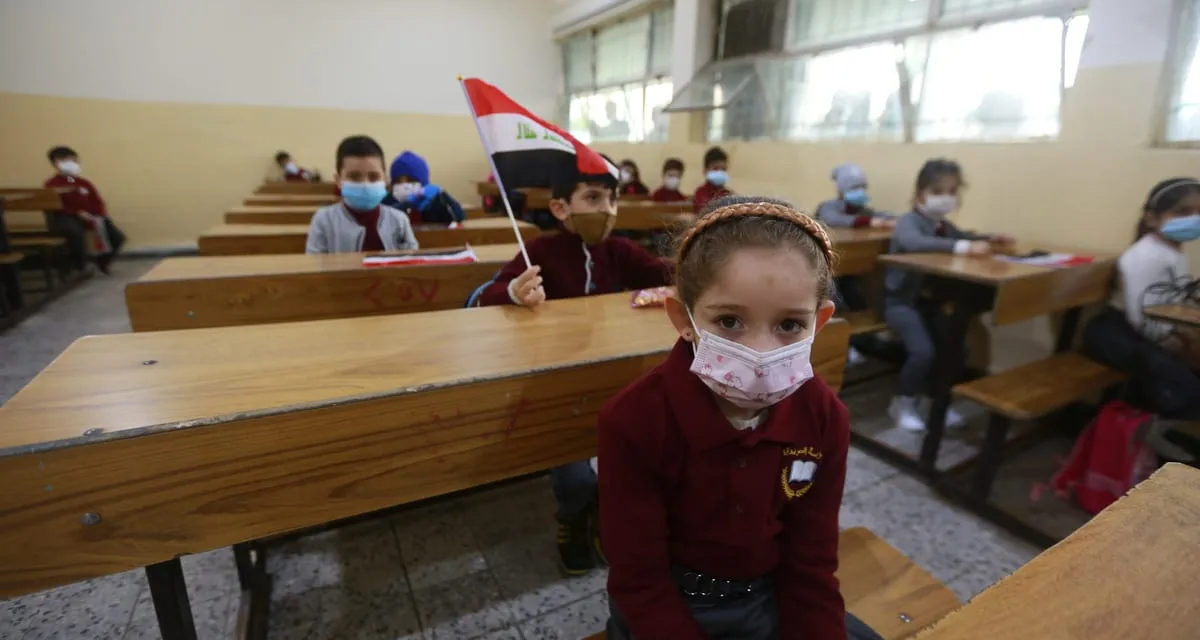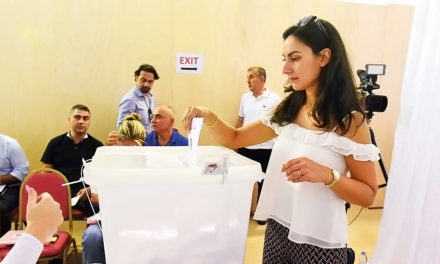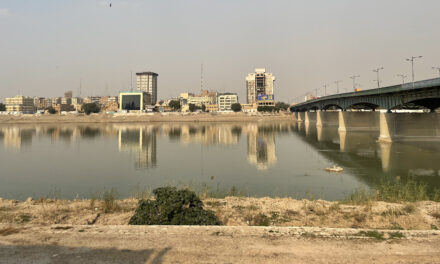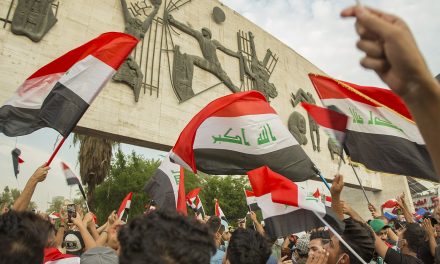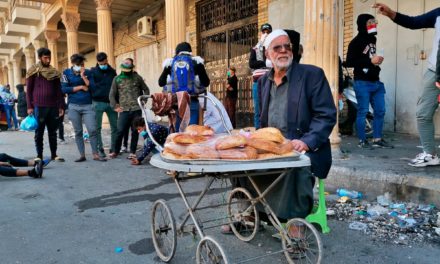(Photo: Murtadha Al-Sudani/ Anadolu Agency)
“Why can’t you just tell us the answer like all the other teachers do sir?”
It was a rainy day in the city of Erbil, a typical winters day in the Kurdistan Region of Iraq. But my thoughts were anything but typical. Why were questions like this common place in the Iraqi classroom? Why are children here used to being told what the answer is without having to actually think about the question first?
It was my first week in my new job at an international school in Iraq, I had already been living in the country for almost a year and had decided to change my position. I was now a secondary school English teacher for Grades 10 and 11, teaching the SAT papers and IGCSE curriculum, the latter of which has a large section devoted to literature, something which I really enjoyed engaging students with. The text in question was a piece of poetry by a famous postcolonial South African author and I was challenging the students to think abstractly about why this particular author has written in the way they did. When a student hits me with this question.
“Why can’t you just tell us the answer like all the other teachers do sir?”
“Because there are no right or wrong answers, there are many opinions, and that’s what you’re here to learn about,” I replied.
I had realized that these kinds of questions are commonplace in many schools, institutes and later universities that I have taught in across the Kurdistan Region and Baghdad. Pupils and students are used to being told what the exact answer is for the test they will be taking; they are taught as if they are toys being assembled on a commercial line, with each part being added as they move up the grades in the hope that the final piece will be able to pass the final exams in order to get into university. A typical example of the neoliberal push for education in many developing countries around the world.
This means that they do not think critically about what they are learning, they simply learn enough for the exams and then move on in their education. Critical learning has become second place in a curriculum that is based around remembering certain pieces of information and then regurgitating them out on exam day. In my opinion this does not create the critical thinkers that Iraq now needs in order to face the challenges of the 21st century and it lacks in giving them the cognitive skills needed to resolve the current economic crisis and the impending climate crisis that has already begun to change and shape Iraq.
Although this comment made by my grade 10 student might seem very insignificant at the time, but it has larger ramifications for the future of the Iraqi youth that I believe need to be discussed. UNESCO, has recently pointed out that, in order for children to be able to develop to become what it terms as ‘global citizens’, they must be able to ‘understand and think critically about the global, regional, national and local issues and the interconnectedness and interdependency of different countries and populations’. I believe that it is especially crucial for young Iraqis, who make up the majority of the population, to be able to think about their place in the world and how they are connected to it. A dialogue needs to be opened up between student and teacher and between students and their peers where they can discuss their thoughts and opinions and challenge each other’s ideas.
The protests of 2019 showed us that Iraqi youth strive for change in their current political system. They blame corrupt governments for their inability to find jobs and for a seemingly everlasting security problem within the country. However, the low turnout in the 2021 elections goes to show that many of these people are still disenchanted by the current system, yet they feel helpless to be able to change it. Yet, with youth unemployment at 25% in 2019, a figure that has surely been exacerbated due to the current pandemic, who is to blame them?
The current instability has also affected the education sector in Iraq with public sector teachers sometimes going unpaid for months on end and salaries being slashed, leaving many to look for work outside of their government jobs as after school tutors or in the private sector. This also means that teacher training in recent years has been put on a backburner in the wider scope of educational policy within the country. If Iraq is going to have the bright future it deserves then this must change, education needs to be pulled up from the ashes and placed on a pedestal in a country that historically use to be a beacon of learning throughout the world.
Although, maybe we need to look away from government funding and policy for a minute and think about how we, as teachers, can help improve the educational system at the grassroots level. Now, more than ever I believe, Iraqis need the ability to be able to think critically about their country, the region and what they want their futures to look like. Whilst I am fully aware that many teachers are burdened with copious amounts of work outside and inside the classroom, if parts of what has been termed as ‘global citizenship education’ can be adopted into the curriculum at the primary level, I believe this will give children the chance to develop the skills they need to contribute to the future of Iraq. Although this might seem like a daunting task at first, it’s as simple as asking a child ‘why’ they think something, instead of telling them ‘what’ to think.

Michael Jones
Michael is a teacher who has been living in Iraq for nearly three years, first in Erbil and now in Baghdad. He has a master’s in Anthropology from the School of Oriental and African Studies and is currently studying a second master’s in Development Education at University College London. His research focuses on Education and International Development, particularly how education is positioned in the peacebuilding process in Iraq.

